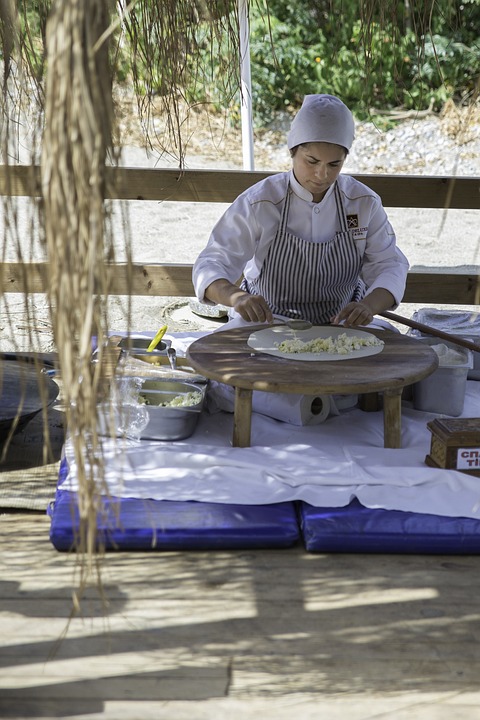
Pancakes are a popular breakfast choice for many, and they are often enjoyed as a special treat on weekends or holidays. While store-bought pancake mixes are convenient, making homemade pancakes allows for greater control over the ingredients and portion sizes. For those who are mindful of their calorie intake, knowing the calorie count of homemade pancakes can help them make informed choices about their meals.
The basic ingredients for homemade pancakes include flour, milk, eggs, baking powder, sugar, and butter. The calorie content of these ingredients can vary, so it’s important to consider the quantities used in the recipe to determine the overall calorie count of the pancakes.
A standard recipe for homemade pancakes is as follows:
– 1 cup all-purpose flour: 455 calories
– 1 cup milk: 103 calories
– 1 egg: 72 calories
– 2 tablespoons sugar: 96 calories
– 2 tablespoons melted butter: 204 calories
– 2 teaspoons baking powder: 10 calories
Using these quantities, the total calorie count for the pancake batter would be 940 calories. This does not include any additional toppings such as syrup, fruit, or whipped cream.
When it comes to portion sizes, a serving of pancakes typically consists of two to three medium-sized pancakes. For the sake of simplicity, let’s assume a serving size of three pancakes. In this case, each serving would contain approximately 314 calories from the pancake batter alone.
Of course, the calorie count can vary depending on the size and thickness of the pancakes, as well as any additional ingredients or toppings used. For example, adding chocolate chips, nuts, or bananas to the batter will increase the calorie content, as will using a generous amount of syrup or butter on top of the cooked pancakes.
For those who are watching their calorie intake, there are several ways to reduce the calorie content of homemade pancakes. Using low-fat or plant-based milk, reducing the amount of sugar and butter, and incorporating whole wheat flour or other alternative flours are all options for making lighter, lower-calorie pancakes.
It’s worth noting that while calorie counting can be a helpful tool for managing weight and overall health, it’s also important to consider the nutritional value of the foods consumed. Homemade pancakes made with quality ingredients can provide essential nutrients such as protein, carbohydrates, and essential fats.
In conclusion, homemade pancakes can be a delicious and satisfying breakfast option, and knowing the calorie count can help individuals make informed choices about their meals. By being mindful of portion sizes and ingredient choices, it’s possible to enjoy a tasty stack of pancakes without overdoing it on the calories. As with any food, moderation is key when it comes to enjoying homemade pancakes as part of a balanced diet.